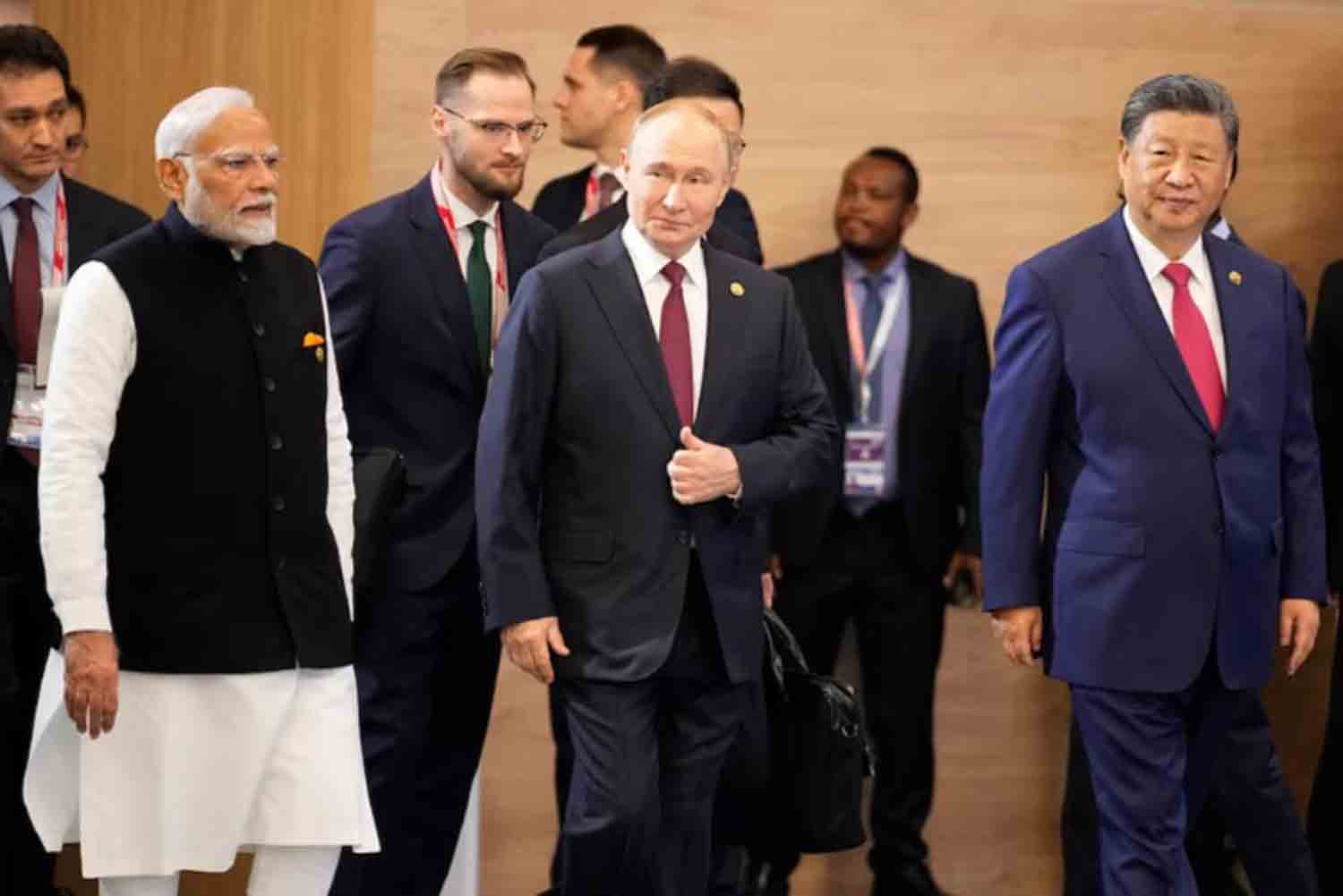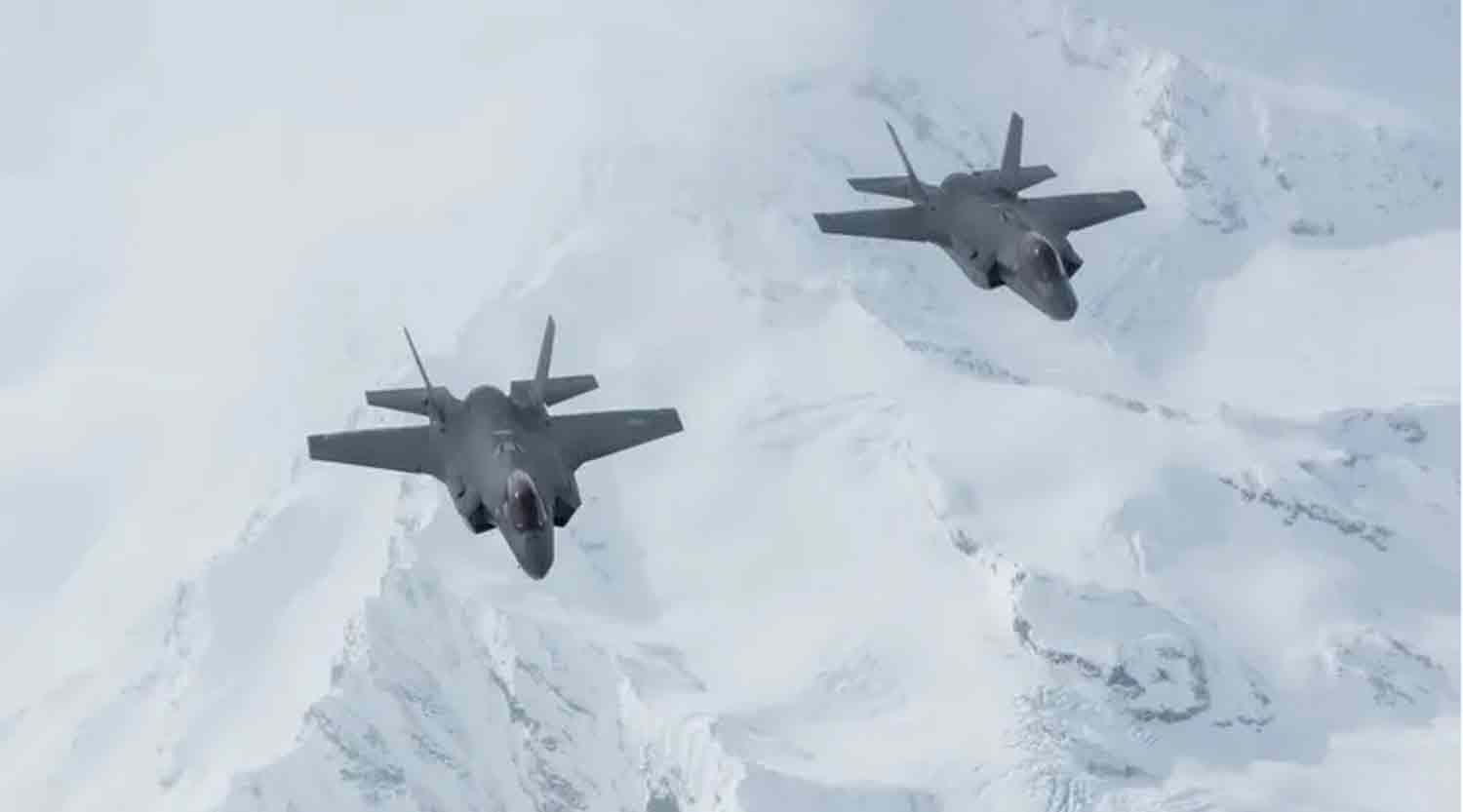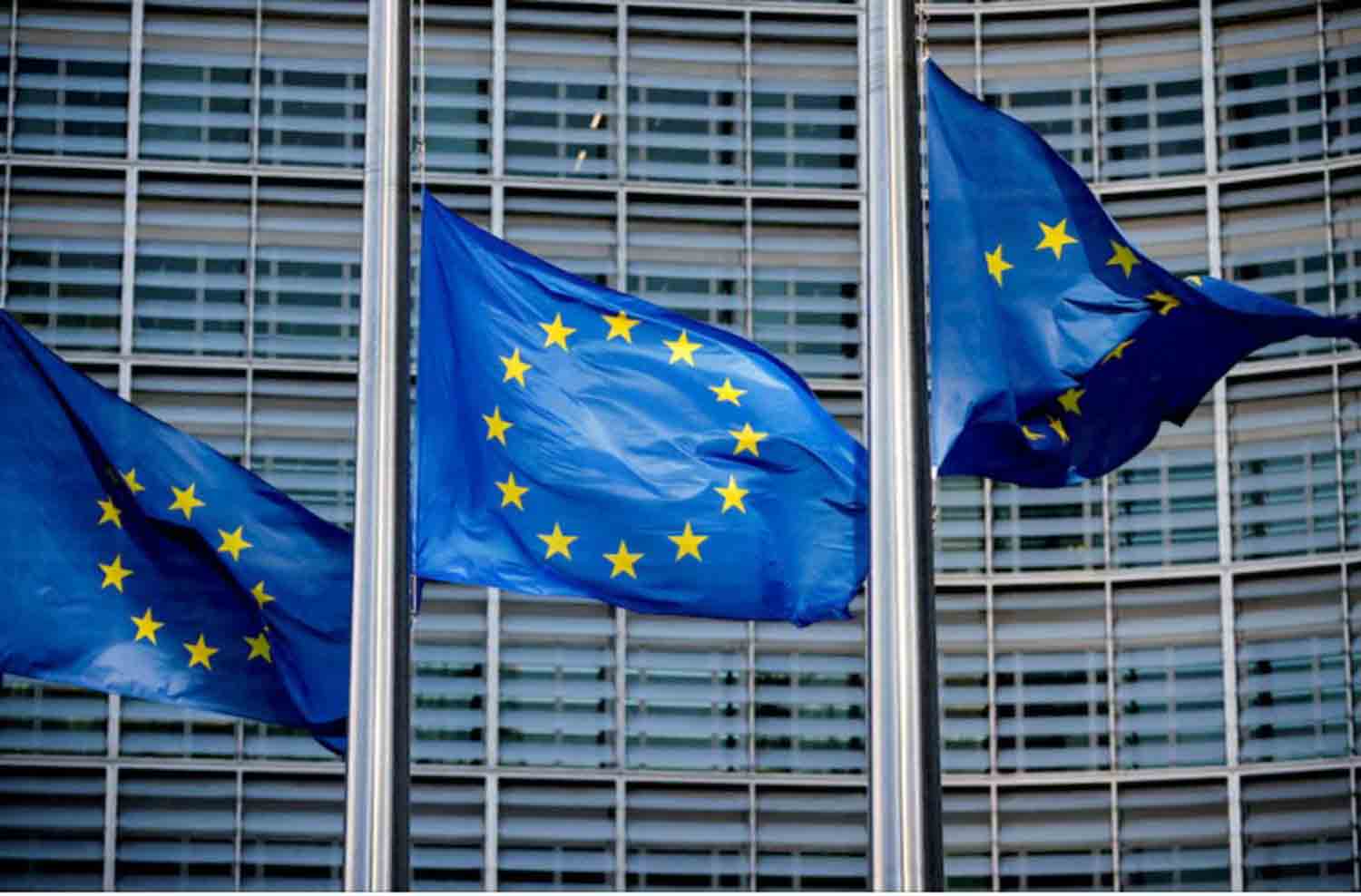Leaders from BRICS, including China‘s Xi Jinping and India’s Narendra Modi, engaged in discussions regarding the conflict in Ukraine with President Vladimir Putin, who presided over a significant summit aimed at demonstrating the failure of Western efforts to isolate Russia. Originally conceived by Goldman Sachs two decades ago to highlight the rising economic influence of China and other emerging markets, BRICS now represents 45% of the global population and 35% of the world economy.
However, there are notable divisions and apprehensions among member nations regarding the rapid expansion of such a large coalition while maintaining a coherent geopolitical agenda and achieving tangible economic outcomes. During the summit on Wednesday, Putin, whose government has rejected war crimes accusations as politically motivated, noted that over 30 countries have shown interest in joining the alliance, emphasizing the need to maintain a balance in any potential expansion.
It is essential to acknowledge the significant interest shown by countries in the Global South and East in enhancing their relationships with BRICS, stated Putin to BRICS leaders in Kazan, a city located along the Volga River, the longest river in Europe. He emphasized the importance of maintaining a balance to ensure the continued effectiveness of BRICS, noting that the group would also address pressing regional conflicts, specifically referring to the situations in the Middle East and Ukraine.
The BRICS summit coincides with a gathering of global finance leaders in Washington, amid concerns surrounding these two conflicts, a slowing Chinese economy, and the potential for new trade disputes arising from the upcoming U.S. presidential election. Notably, China and India account for approximately 90% of Russia’s oil purchases, which is crucial for Moscow’s foreign currency revenue, as Russia stands as the world’s second-largest oil exporter.
BRICS
The term BRIC was introduced in 2001 by Jim O’Neill, the then-chief economist at Goldman Sachs, in a research paper that highlighted the significant growth potential of Brazil, Russia, India, and China in the 21st century.
Initially, Russia, India, and China began to engage in more structured meetings, later incorporating Brazil, followed by South Africa, Egypt, Ethiopia, Iran, and the United Arab Emirates. Saudi Arabia has not yet officially joined the group.
Currently, over 20 leaders, including Chinese President Xi, Indian Prime Minister Modi, UAE President Sheikh Mohammed bin Zayed Al Nahyan, and Iranian President Masoud Pezeshkian, are participating in the BRICS summit.
According to an aide to President Putin, any future expansion of the group will need to consider specific criteria, and a list of 13 countries has been identified for potential inclusion. “We will need to discuss their readiness for either full membership in BRICS or some suitable alternative,” Yuri Ushakov stated, as reported by TASS.
The ongoing conflict in Ukraine casts a shadow over the Kazan summit.
WAR
Modi publicly expressed his desire for peace in Ukraine during a conversation with Putin, while Xi engaged in private discussions about the conflict with the Kremlin leader. Currently, Russia is making territorial gains and controls approximately 20% of Ukraine, including Crimea, which it annexed in 2014, around 80% of the Donbas region, and over 70% of the Zaporizhzhia and Kherson areas.
Putin has asserted that Moscow will not relinquish the four eastern Ukrainian regions it claims as part of Russia and emphasized the need for its long-term security interests to be recognized in Europe. The concluding BRICS statement is expected to reference proposals from China and Brazil aimed at resolving the conflict.
Both China and Brazil have been working at the United Nations to rally support from developing nations for a ceasefire, although Ukraine has accused them of acting in Moscow’s interests. Putin has indicated that the proposals from China and Brazil could serve as a foundation for peace negotiations. He deployed thousands of troops to Ukraine in 2022 following eight years of conflict in the eastern part of the country. Ukraine and Russia have each put forth distinct proposals for ending the war, but these proposals remain significantly divergent.
Discover more from Defence Talks | Defense News Hub, Military Updates, Security Insights
Subscribe to get the latest posts sent to your email.





